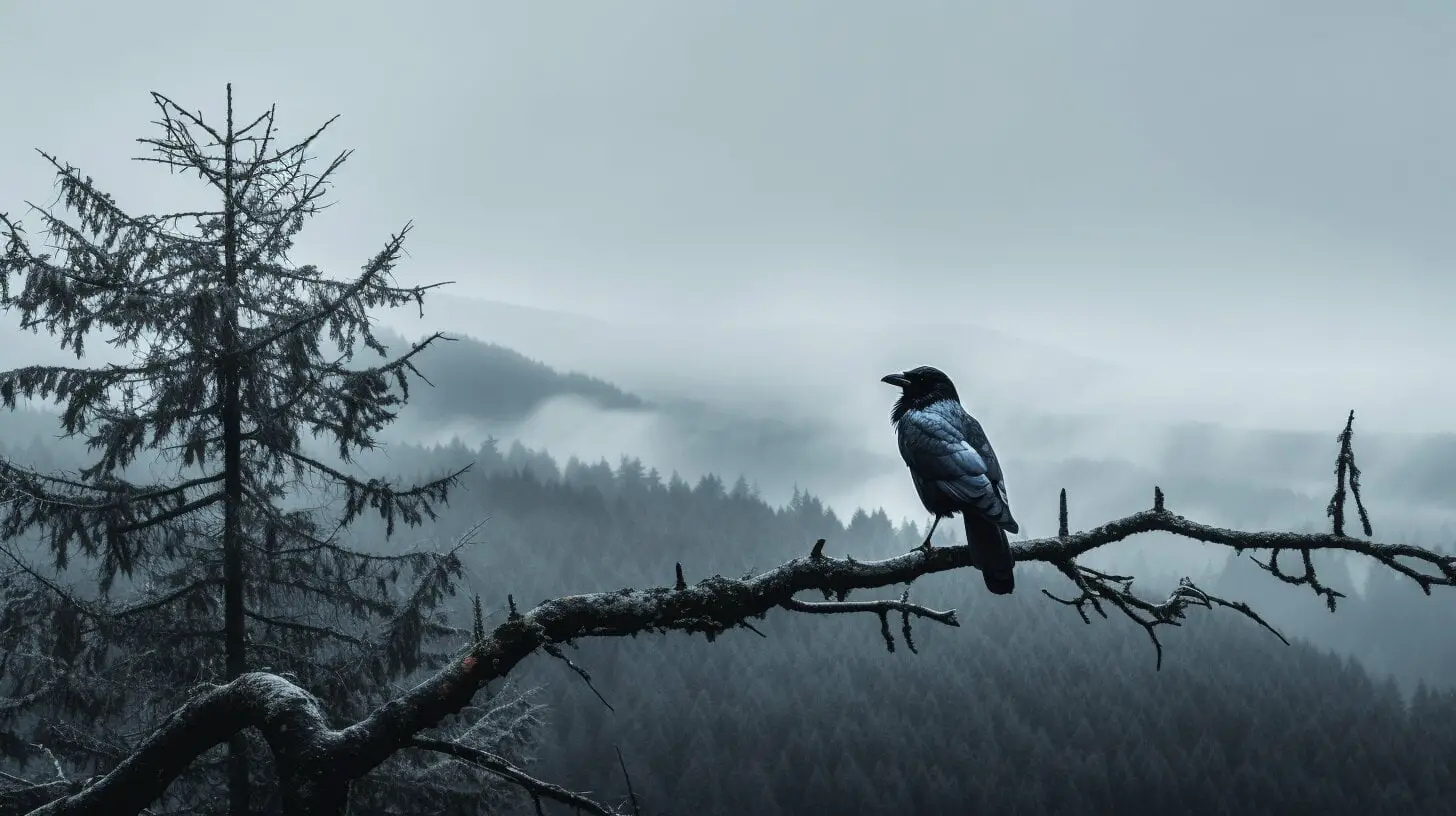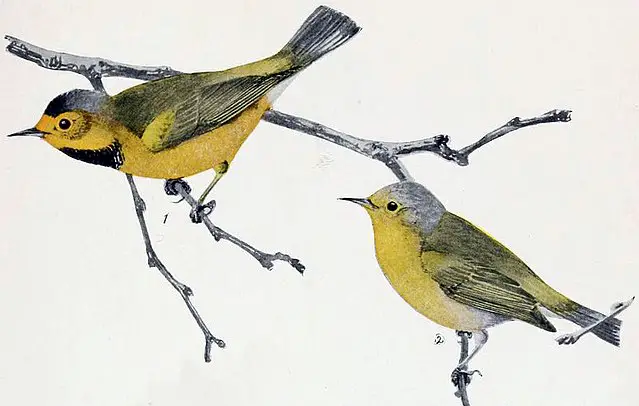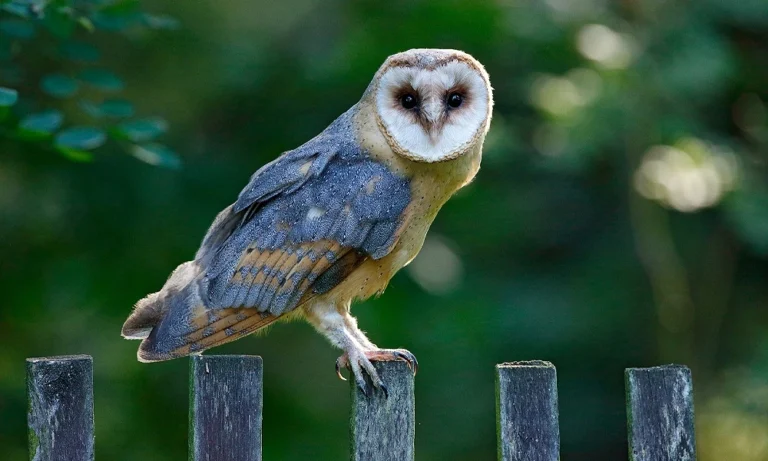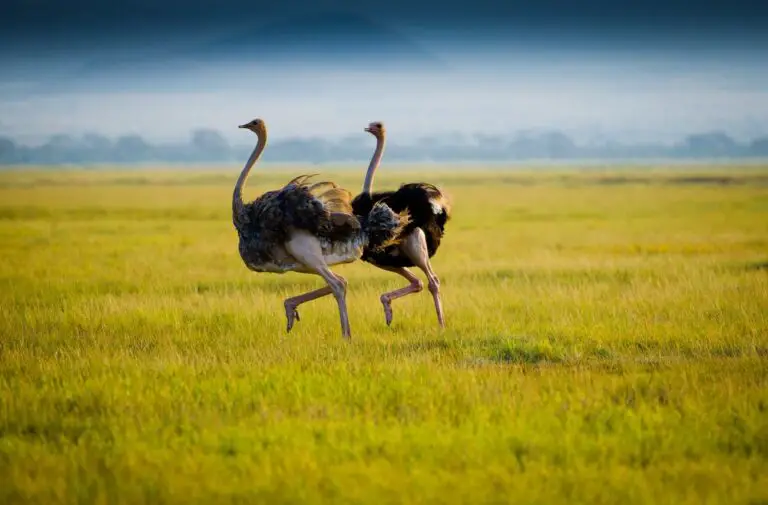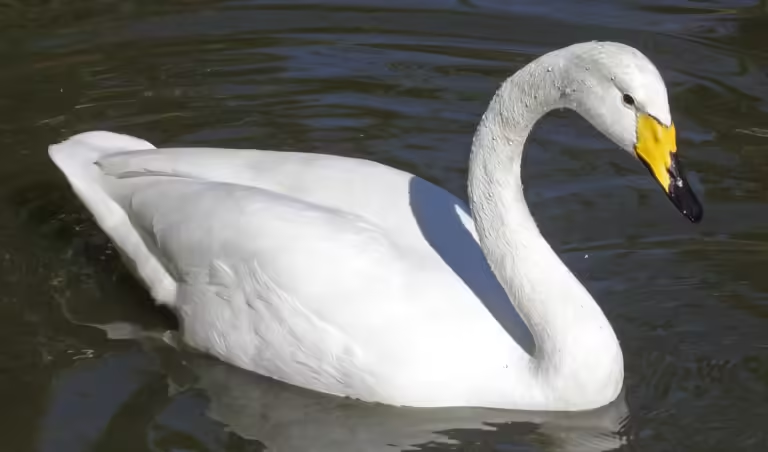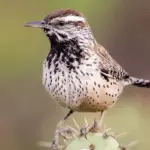You may have noticed black crows in your daily life, but did you know that they hold significant symbolism in various cultures and belief systems? The black crow is a mysterious and intelligent creature that has been interpreted in many ways throughout history. Understanding its hidden meanings can provide insight into yourself and the world around you.
Key Takeaways:
- Black crow symbolism holds significance in various cultures and belief systems.
- Interpreting the symbolic meanings of black crows can provide insight into oneself and the world around us.
- The history and cultural significance of crows, as well as their role in folklore, mythology, literature, and spirituality, contribute to their symbolic meanings.
The Historical and Cultural Significance of Crows
You might associate crows with their ominous caw or their completely black feathers. But did you know that crows have played significant roles in different cultures throughout history? The black crow symbol holds diverse meanings and connotations that vary across cultural contexts.
The Black Crow Symbolism in Different Cultures
Black crow symbolism has been historically intertwined with different cultures, with each culture signifying a meaning unique to their own practices and beliefs. In Native American culture, the black crow is considered a sacred animal, believed to possess supernatural powers. The Haida people of the Pacific Northwest utilize black crows as spirit animals that represent transformative change.
Similarly, in Japanese culture, crows are revered and considered a symbol of good luck and fortune. They are believed to bring happiness and prosperity to the person who feeds them. In contrast, in Greek mythology, crows were depicted as ominous birds that were associated with death and the Underworld. In medieval Christian folklore, black crows were believed to be associated with the Devil and were akin to witches’ familiars.
The Role of Crows in Native American Culture
Native American culture holds a special place for crows, which are believed to possess powerful spiritual powers. The bird is often depicted as a trickster, capable of shape-shifting and other supernatural abilities. The Navajo people refer to black crows as the “shadow of the divine,” representing the unity of opposites. The Tlingit believe that the black crow is a sacred animal that serves as a spiritual guide for those who seek it.
Furthermore, in many Native American cultures, crows are believed to be messengers of the spirit world. They are thought to deliver important messages from the spiritual realm to the physical world. The spiritual significance of crows in Native American culture has been passed down for generations of Native Americans, shaping their cultural and spiritual practices.
Overall, the black crow symbol holds significant historical and cultural value in different societies. Understanding the symbolic meaning of black crows in various cultural contexts can provide insights into different beliefs, practices, and values that are shaped by these cultures.
Crows in Folklore and Mythology
Crows have played significant roles in both folklore and mythology throughout human history. Their prominence in ancient stories and legends has helped establish their symbolism and associations, which are still relevant today.
Tricksters and Messengers
In many cultures, crows are seen as tricksters due to their intelligence and resourcefulness. In Norse mythology, the god Odin had two crows, Huginn and Muninn, who flew around the world and brought back information to him. In Native American culture, the crow is often portrayed as a mischievous and cunning figure who tricks other animals.
Additionally, crows are often seen as messengers between the living and the dead. In Greek mythology, the god Apollo was associated with crows and used them as messengers to deliver his prophecies. In Hindu mythology, crows are believed to be the ancestors of humans and represent the souls of the dead.
Death and Transformation
While crows can represent trickery and intelligence, they are also heavily associated with death and transformation. In many cultures, the presence of crows is seen as a sign of impending death or a symbol of the afterlife.
The connection between crows and death is especially prominent in Celtic mythology. The goddess Morrigan was often accompanied by crows and would appear before battles to foretell the outcome. In Japanese mythology, the Yatagarasu is a three-legged crow who represents the sun and is associated with death and rebirth.
Symbolism in Modern Culture
Crows continue to have a significant presence in modern culture, particularly in literature and media. In Edgar Allan Poe’s famous poem “The Raven,” the titular bird is a symbol of the narrator’s grief and despair. In the popular TV show “Game of Thrones,” the three-eyed raven is a mystical creature who appears in the main character’s visions.
Overall, the symbolic meanings and associations of crows in folklore and mythology are diverse and complex, ranging from trickster figures and messengers to symbols of death and transformation. Understanding these meanings can provide insight into their continued significance in modern culture.
The Spiritual Significance of Black Crows
Black crows have long been associated with spiritual beliefs and mystical interpretations. Many cultures believe that crows are messengers from the spiritual world, carrying important messages to the living. They are often seen as symbols of wisdom and intelligence, possessing a deeper understanding of life and death.
In some spiritual practices, black crows are believed to be protectors of the soul and guides to the afterlife. They are also seen as symbols of transformation, representing the cycle of life, death, and rebirth. Some spiritual traditions even use black crows in their healing rituals, believing that they have the power to cleanse negative energy and restore balance to the body and mind.
The Role of Black Crows in Shamanic Practices
In shamanic cultures, black crows are revered as powerful spirit animals. They are thought to have the ability to move between different realms of existence, acting as intermediaries between the physical and spiritual worlds. Shamanic practitioners often seek the guidance of black crows during their spiritual journeys, viewing them as sources of wisdom and insight.
The appearance of a black crow during a shamanic ritual is believed to signal an important message from the spirit world. It may be a sign of impending change or a call to embark on a new spiritual path. In some cases, black crows are even seen as protectors of the shaman, guarding them from harm during their spiritual quests.
Overall, the spiritual significance of black crows is deeply rooted in the beliefs and practices of various cultures around the world. Whether viewed as symbols of wisdom, protectors of the soul, or guides to the afterlife, black crows hold a special place in the hearts and minds of many spiritual seekers.
Black Crow Symbolism in Literature
Black crows have long been used as symbolic figures in literature, often representing mysterious and enigmatic ideas. The use of black crows in literature spans across different genres and time periods, showcasing their versatility as a literary device.
One of the most famous examples of black crow symbolism in literature can be found in Edgar Allan Poe’s poem, “The Raven”. In this poem, the titular bird is used to represent the speaker’s grief over the loss of his love, Lenore. The raven’s ominous presence and repetitive utterance of “nevermore” create a haunting atmosphere and further emphasize the speaker’s despair.
Another example of black crow symbolism in literature can be found in J.R.R. Tolkien’s “The Lord of the Rings” trilogy. In this epic fantasy series, the character of Gandalf has a close relationship with a crow named Roäc. Roäc provides valuable insight and information to the main characters, acting as a sign of hope in times of darkness. This use of the crow as a messenger and guide highlights its role as a symbol of intelligence and wisdom.
In contemporary literature, black crows are often used to represent death and foreboding. In George R.R. Martin’s “A Song of Ice and Fire” series (adapted into the television show “Game of Thrones”), a three-eyed crow serves as a guide and mentor to the character Bran, leading him towards his destiny as a powerful warg. The crow’s association with death and the supernatural adds to the dark and mysterious nature of the story.
Overall, the use of black crow symbolism in literature is a testament to the bird’s enduring mystique and connection to deeper themes and ideas.
The Symbolic Meanings of Black Crows
Black crows have long been associated with symbolic meanings, often serving as a representation of intelligence, mystery, death, and transformation.
Intelligence: Crows are highly intelligent birds, with the ability to problem solve and use tools. Their association with intelligence can be seen in various cultures and mythologies, where they are often depicted as wise and intelligent beings.
Mystery: Black crows are also associated with mystery and the unknown. Their dark feathers and ominous caw make them an enigmatic presence in nature, often leaving people wondering about their true nature and intentions.
“The crow is a spirit animal associated with life mysteries and magic. The power of this bird as totem and spirit guide is provide insight and means of supporting intentions.”
Death: The connection between black crows and death can be seen in many cultures and beliefs. They are often associated with the afterlife and seen as a messenger between the living and the dead. Some even believe that seeing a black crow could be a sign of impending death.
Transformation: In many cultures, black crows are associated with transformation and change. They are seen as a symbol of rebirth, and their presence is believed to bring about positive changes in one’s life.
Understanding the symbolic meanings of black crows can provide insight into their significance in various cultures and beliefs. Whether viewed as a symbol of intelligence, mystery, death, or transformation, black crows have maintained a special place in the human psyche for centuries.
The Connection between Black Crows and Death
If you have ever come across a black crow, you may have wondered about its significance, especially its connection to death. The relationship between crows and death is a common theme in many cultures and traditions, and is often associated with mystery and the afterlife.
In some cultures, the presence of a black crow is believed to signify the impending death of someone close. Others believe that crows are messengers of the dead, carrying messages to the living from those who have passed on.
In Native American culture, some tribes believe that crows are symbols of transformation and change. They view death as a necessary part of life and believe that it is a time of transition and renewal. For these tribes, crows are seen as guides during this transformational process.
In European folklore, crows are often associated with negative omens and dark magic. They are viewed as harbingers of death and are often depicted as evil spirits or witches’ familiars. However, in some cultures, crows are also seen as protectors of the dead, watching over them and guiding them to the afterlife.
Whether viewed as symbols of transformation or associated with death and darkness, the connection between black crows and mortality is a common theme in many cultures and traditions. Their presence often signifies a time of change and transition, and their symbolism can provide comfort and guidance during times of uncertainty and loss.
Black Crow Symbolism in Different Cultures
Black crows have been a significant symbol in various cultures throughout history. While there may be differences in interpretation, many cultures share similar beliefs and associations with the black crow. Let’s explore some of these cultural interpretations.
Native American Culture
In many Native American cultures, the black crow is revered as a sacred bird with great spiritual significance. Crows are believed to possess powerful magic and are often associated with creation myths and stories. They are said to be messengers of the gods and are thought to bring good luck and positive energy.
However, the black crow is also associated with death and darkness in some Native American traditions. In some tribes, the crow was considered a symbol of death and was believed to guide souls to the afterlife.
Japanese Culture
In Japanese culture, the black crow symbolizes good luck and longevity. The crow is believed to bring happiness and prosperity to those who see it. However, in some Japanese folklore, crows are also associated with death and bad luck. For example, seeing a group of crows flying together is believed to signify an impending disaster or death.
European Culture
In European culture, the black crow has been associated with darkness and death for centuries. In many medieval and Gothic tales, crows are portrayed as ominous and foreboding creatures, often used as symbols of evil and destruction. However, in some cultures, crows are also associated with intelligence and cunning, and are revered for their ability to outsmart predators.
Overall, the black crow holds significant meaning in various cultures around the world, with some similarities and differences in interpretation. Understanding the cultural significance of this powerful bird can lead to a deeper appreciation of its symbolism and the messages it may be conveying to us.
Symbols Interpretations of Black Crows
The symbolism of black crows has been associated with various interpretations across cultures and beliefs. In dreams, crows are often seen as messengers or omens, representing a change in one’s life or a warning of impending danger.
Some cultures believe that crows carry the souls of the deceased, acting as a mediator between the physical and spiritual realms. In this sense, their presence often signifies a spiritual transformation or the passage of a loved one from the physical world.
Others interpret crows as a symbol of intelligence, as they are known for their problem-solving abilities and adaptability in harsh environments. Their black feathers also represent mystery and the unknown, as they easily blend into the darkness.
Finally, some associate black crows with death and the afterlife, as they are often spotted in cemeteries or near death-related events. However, it is important to note that this interpretation is not universal and varies across cultures and belief systems.
Regardless of the interpretation, the symbolism of black crows remains an intriguing and mysterious subject, inviting us to explore their role in our lives and the world around us.
Conclusion
Black crow symbolism has a rich and diverse history, spanning across different cultures and traditions. Throughout this article, you have learned about the historical and cultural significance of crows, their role in folklore and mythology, and their spiritual and mystical meanings.
We have explored the use of black crow symbolism in literature and examined its various interpretations, delving into the symbolic meanings associated with black crows, including intelligence, mystery, death, and transformation.
Furthermore, we have discussed the connection between black crows and death, highlighting their symbolism in relation to mortality and the afterlife. Finally, we have explored the varying interpretations of black crow symbolism in different cultures, providing an in-depth analysis of symbolic interpretations of black crows.
In conclusion, black crow symbolism is a complex and intriguing field of study, holding significant meaning and importance in various contexts. Whether in dreams, omens or messages, the symbolic meanings of black crows can offer powerful insights and enrich our understanding of the world around us.
FAQ
Q: What is the significance of black crow symbolism?
A: Black crow symbolism holds hidden meanings that represent intelligence, mystery, death, and transformation.
Q: How do crows hold historical and cultural significance?
A: Crows have been revered in various cultures and traditions, including Native American culture, where they symbolize wisdom and guidance.
Q: What role do crows play in folklore and mythology?
A: Crows have been featured in folklore and mythology throughout history, often associated with messages from the spirit world and the supernatural.
Q: What is the spiritual significance of black crows?
A: Black crows are considered spiritually significant, representing mystical prophecies, spiritual guardians, and messengers from the divine.
Q: How is black crow symbolism used in literature?
A: Black crow symbolism is often used in literature to convey various themes, such as darkness, transformation, and the mysteries of life.
Q: What are the symbolic meanings associated with black crows?
A: Black crows symbolize intelligence, adaptability, mystery, death, and transformation.
Q: What is the connection between black crows and death?
A: Black crows are often associated with death and the afterlife, symbolizing the transition between life and the spirit realm.
Q: How does black crow symbolism vary in different cultures?
A: Black crow symbolism can differ in cultural interpretations, representing both positive and negative connotations depending on the culture and belief systems.
Q: What are the symbolic interpretations of black crows?
A: Black crows hold symbolic meanings in dreams, omens, and messages, often representing insights, foresight, and the need for transformation.

